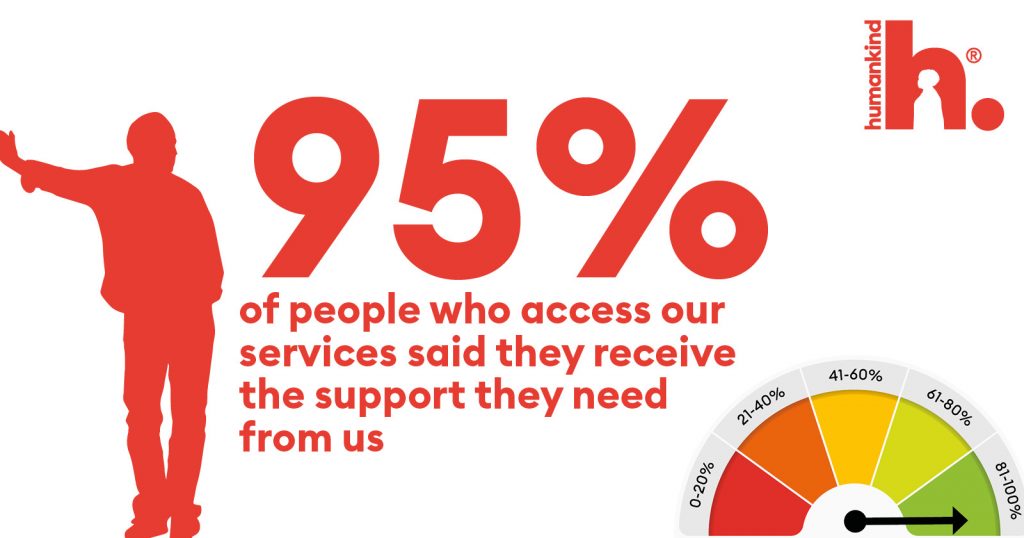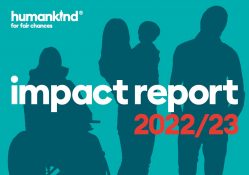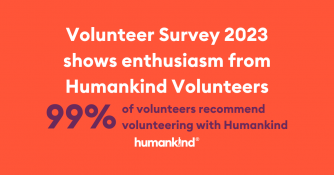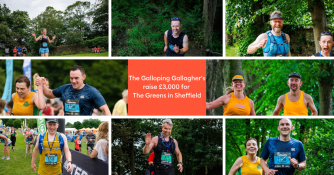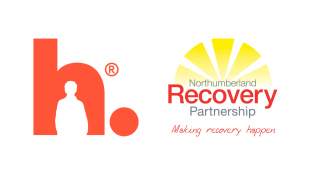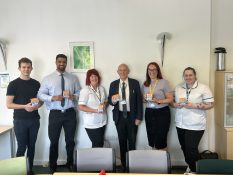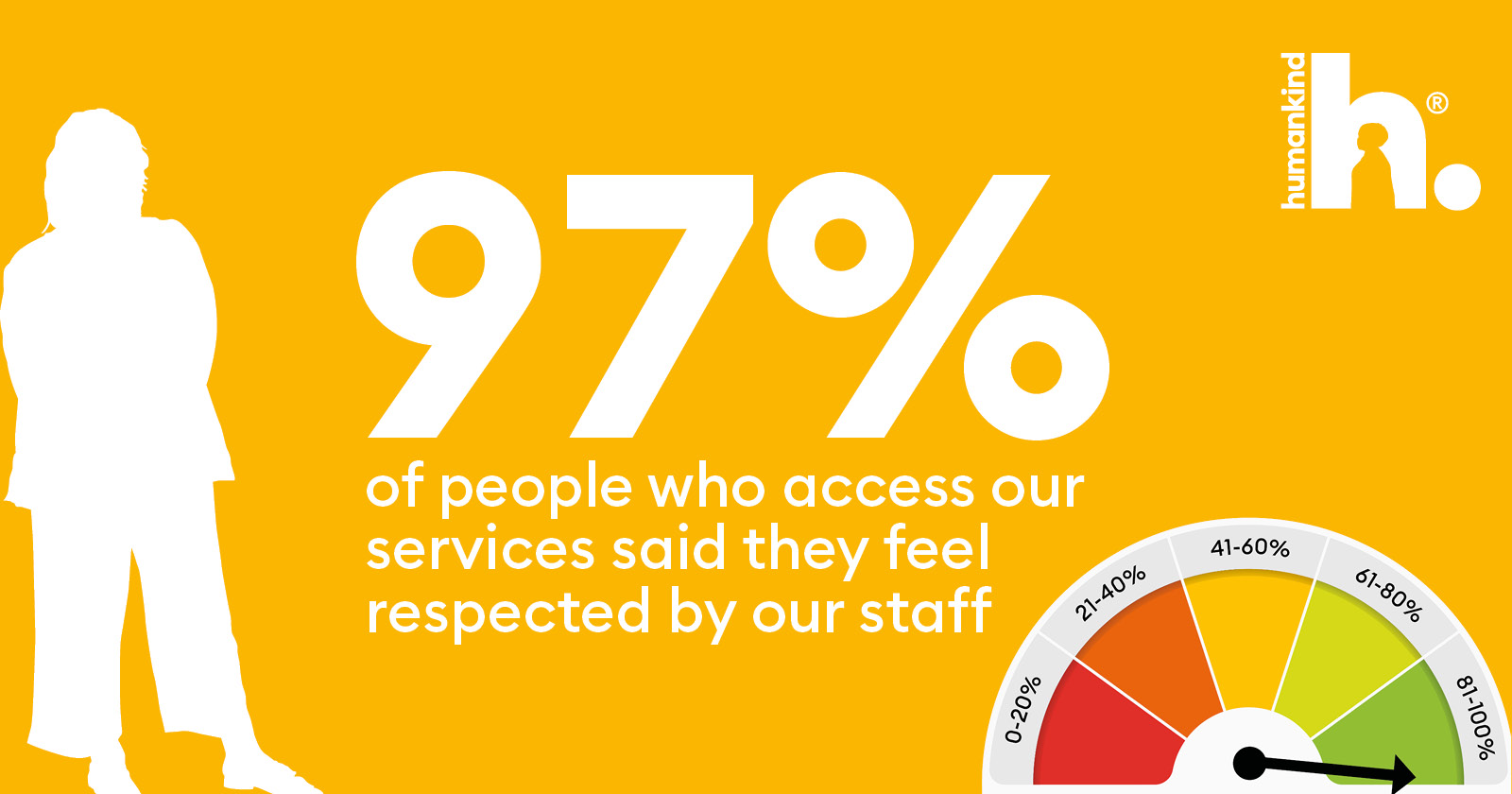
We recently asked people that use our services a series of questions to get their views so that we can make plans for the future.
With an ever-changing external environment, including new money from the government, and the development of our new organisational strategy, we also wanted to know more about how people would like to use our services in future.
The survey ran throughout April and we received over 1,900 responses from across the country. Here are some of the headline results:
- 97% of people who access our services said they feel respected by our staff
- 95% of people who access our services said they receive the support they need from us
- 95% of people accessing our services believe that our staff have the right skills to support them to achieve their goals
- 86% of people who accessed our drug and alcohol services feel that they’re supported with any deeper reasons behind their difficulties with drugs/alcohol
- 79% of people accessing our services said they receive written information about the service on first access
- 58% of people who access our services said that their mental health prevented them from seeking support sooner
- 41% of people who access our services said that their mental health led them to miss appointments or stop using the service.
Speaking about the survey, Lead Director of Integration, Housing and Strategy, Liane Taylor said: “We’re really pleased with how many people were involved in our recent survey of people who use our services. It was a fantastic team effort with everyone getting behind the survey and promoting it within our services.
“Together, our Regional Directors and Regional Working Together Leads will be taking the survey insights and turning them into visible action plans in each of our regions. These action plans are being developed and will be monitored in collaboration with people who use our services.
This year, we asked some really important questions relating to the development of our future strategy. We’ll also asked questions that will inform how we model our services and specifically how we can engage and support women better”.
We will be using these results to inform our future practice and will share more details of changes that we will be making soon.
